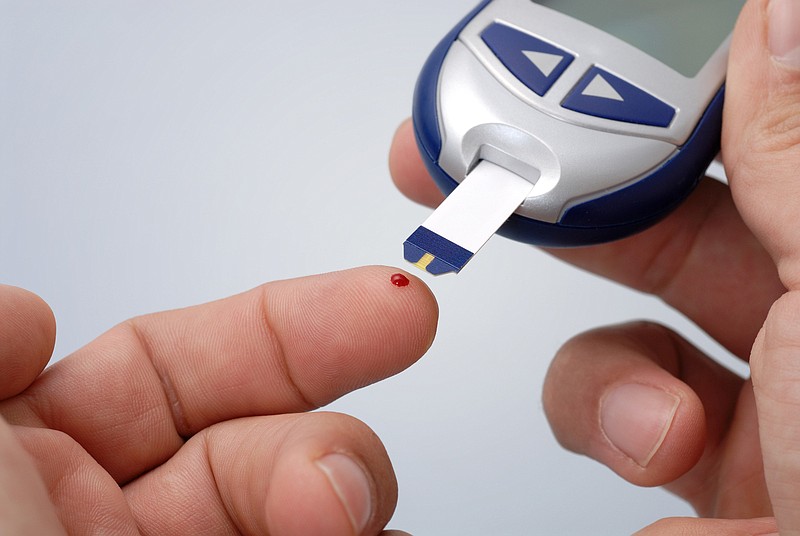Keep diabetes in check to avoid kidney disease
November 9, 2015 at 12:14 p.m.
Diabetes is the leading cause of chronic kidney disease, a gradual loss of kidney function that can become life-threatening.
“Almost half of the patients on dialysis at Northwest Kidney Centers developed chronic kidney disease as a result of diabetes,” said Joyce Jackson, president and CEO of the Seattle-based nonprofit, which provides almost 80 percent of dialysis treatments in King County. “Diabetes is a serious public health challenge.”
According to the Centers for Disease Control, 9.3 percent of people in the United States have diabetes. Awareness and treatment are essential to prevent the progression to kidney disease.
November is National Diabetes Month, a good time to learn about the relationship between kidney disease and diabetes, and to protect our kidneys, two fist-sized organs on the back side of the body below the rib cage.
Most people know kidneys excrete wastes and extra fluid. Fewer are aware that kidneys keep minerals in balance, release hormones that keep bones healthy, regulate blood pressure and make red blood cells.
If a person’s kidneys become so damaged that they stop working, death will follow in a matter of days without a kidney transplant or dialysis, the use of a machine to replicate the kidneys’ filtering function.
How does diabetes cause chronic kidney disease? Kidneys are made up of tiny blood vessels that clean the blood and create urine. High blood sugar levels damage these blood vessels, so the kidneys don't work well.
Diabetes and high blood pressure often go together, and high blood pressure causes further kidney damage.
It’s important to find and treat kidney disease early. People with diabetes should have their doctors do these tests once a year:
• Urine test for protein. This can be the first sign of kidney damage.
• Blood test for creatinine, which measures how well kidneys are functioning.
With or without diabetes, these tips will help keep our kidneys healthy:
• Control blood sugar.
• Control blood pressure.
• Take medications as your physician prescribes.
• Stay on a healthy diet, which includes reducing sodium.
• Maintain a healthy weight, and lose weight if necessary.
• Exercise.
• Avoid over-the-counter pain medications like ibuprofen and naproxen.
For more information, please visit www.nwkidney.org.





